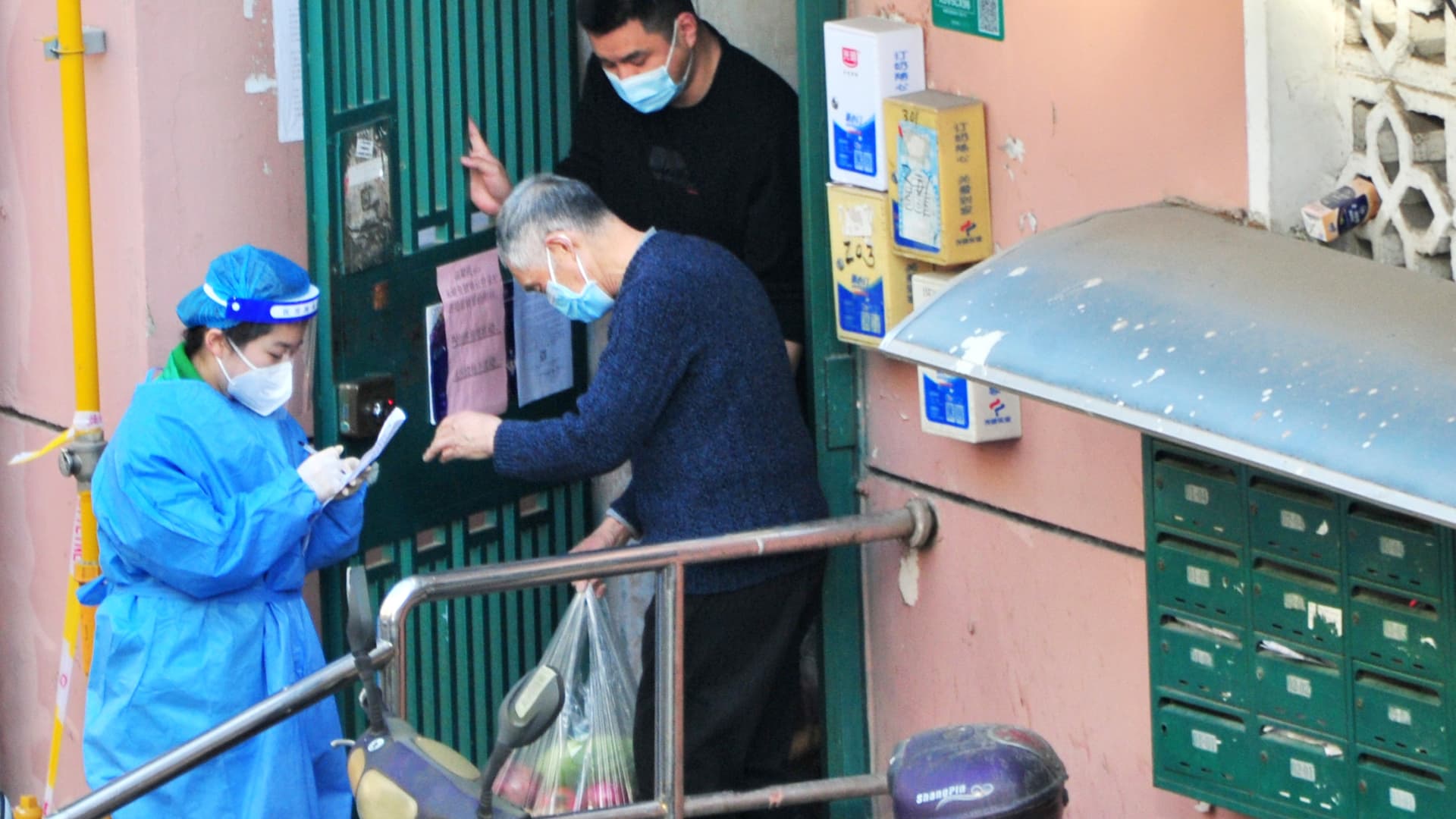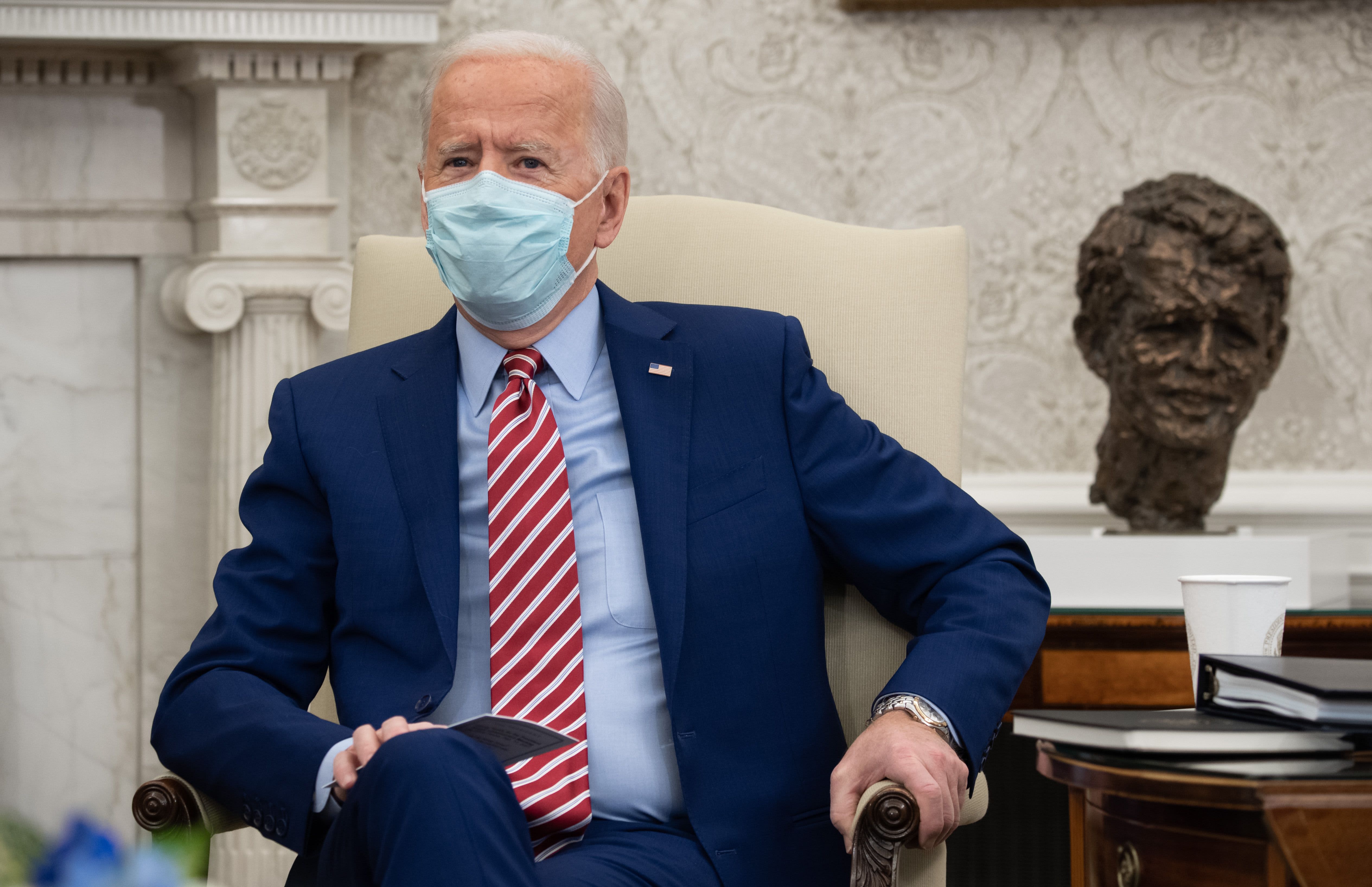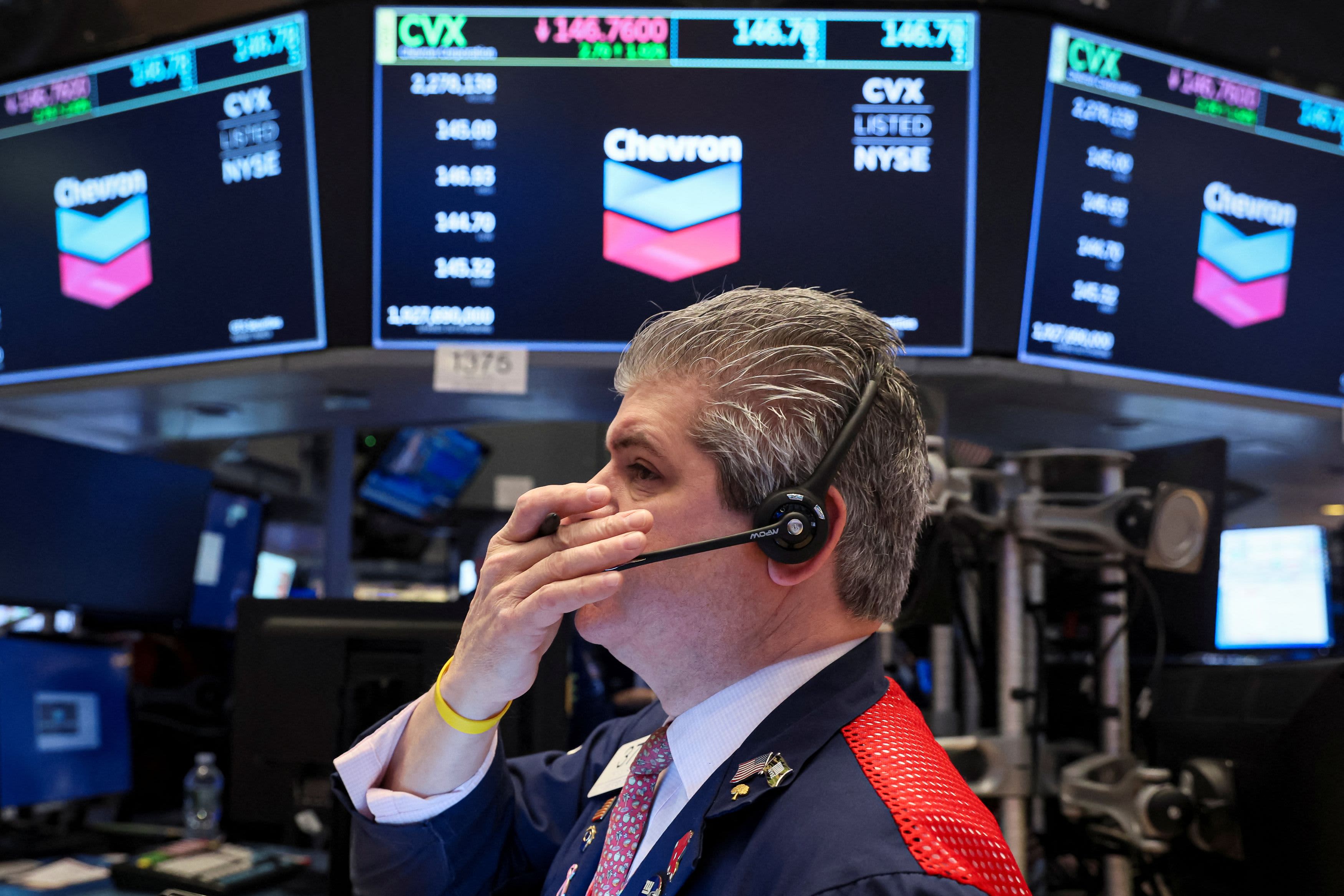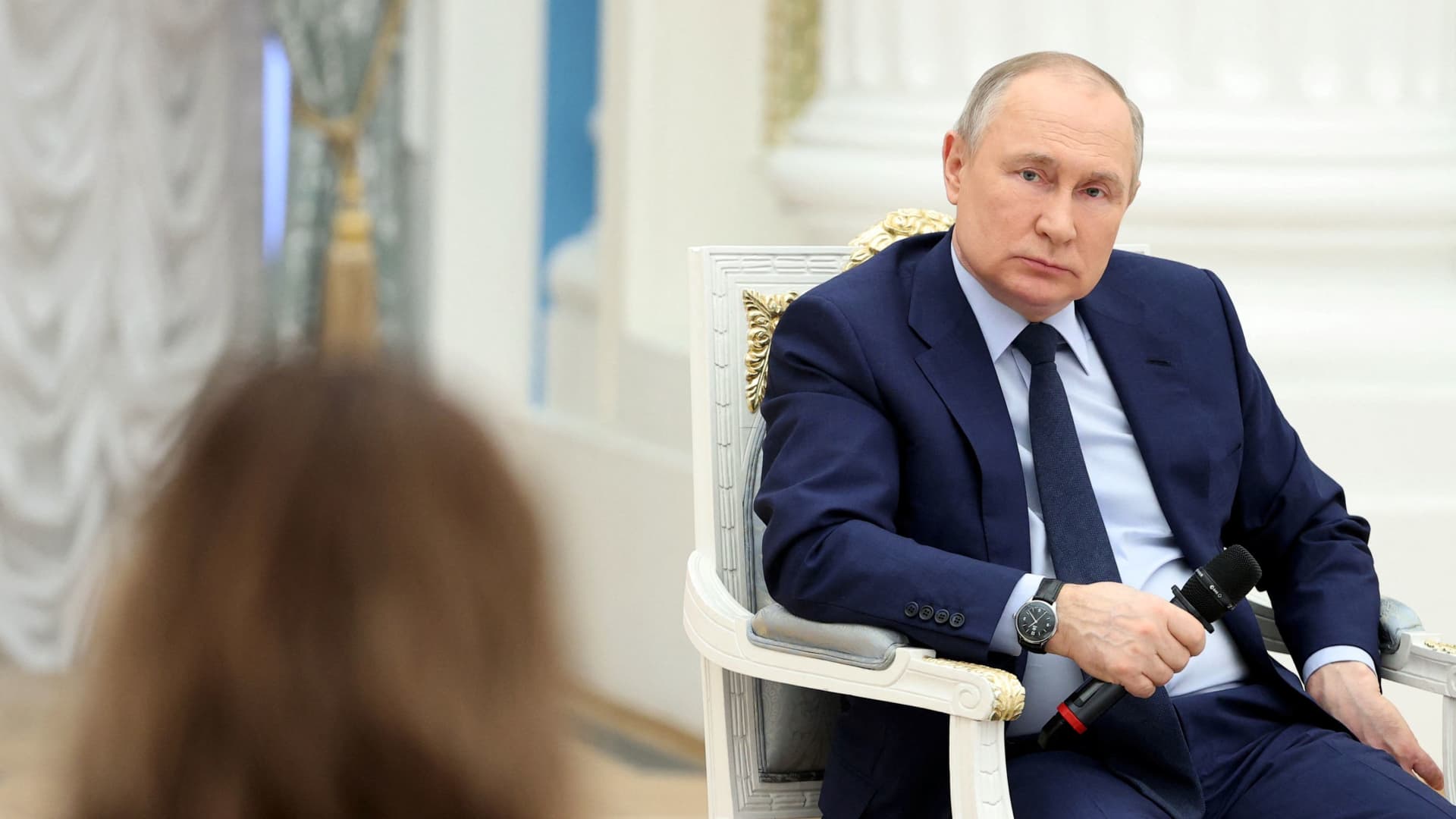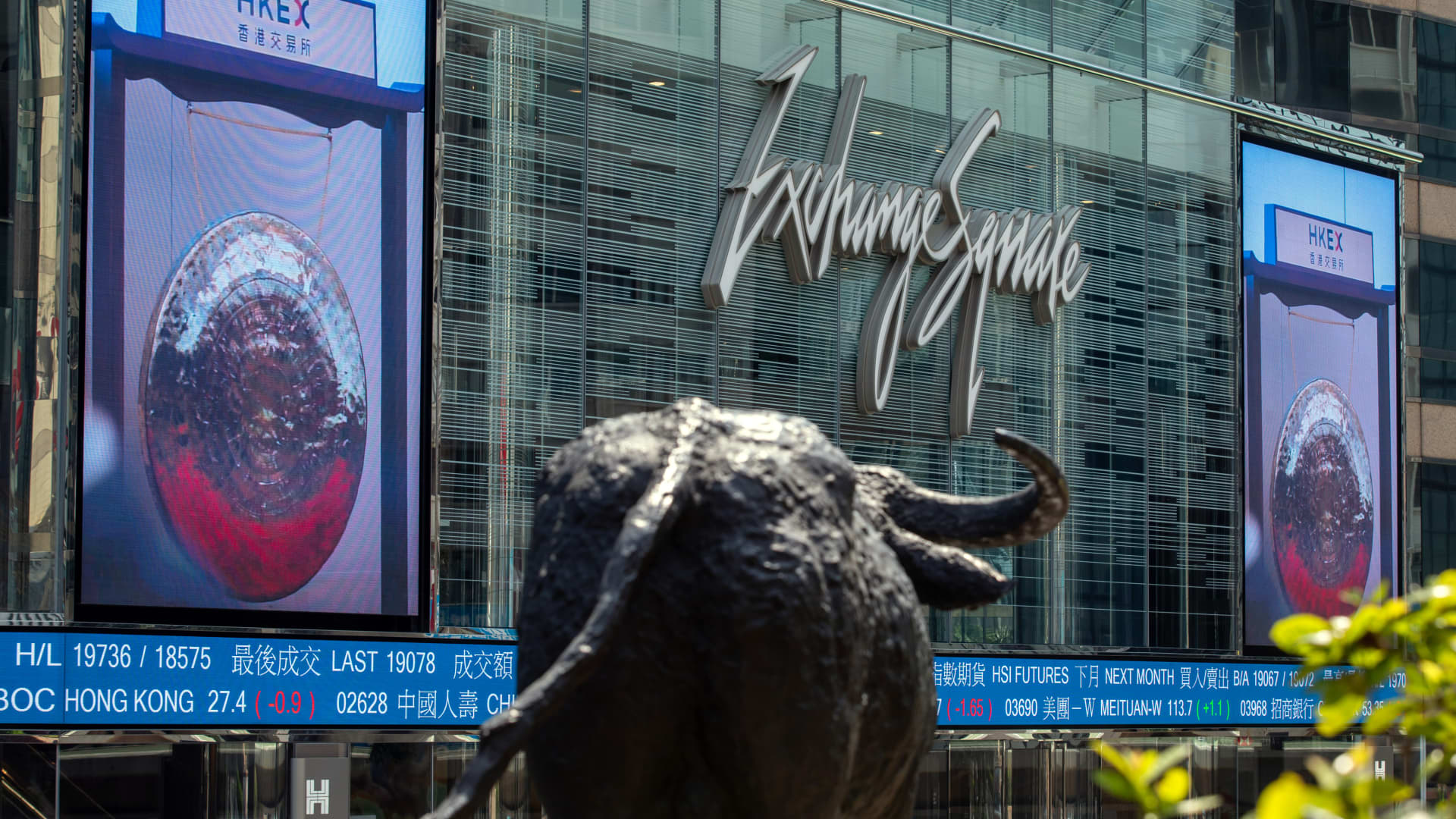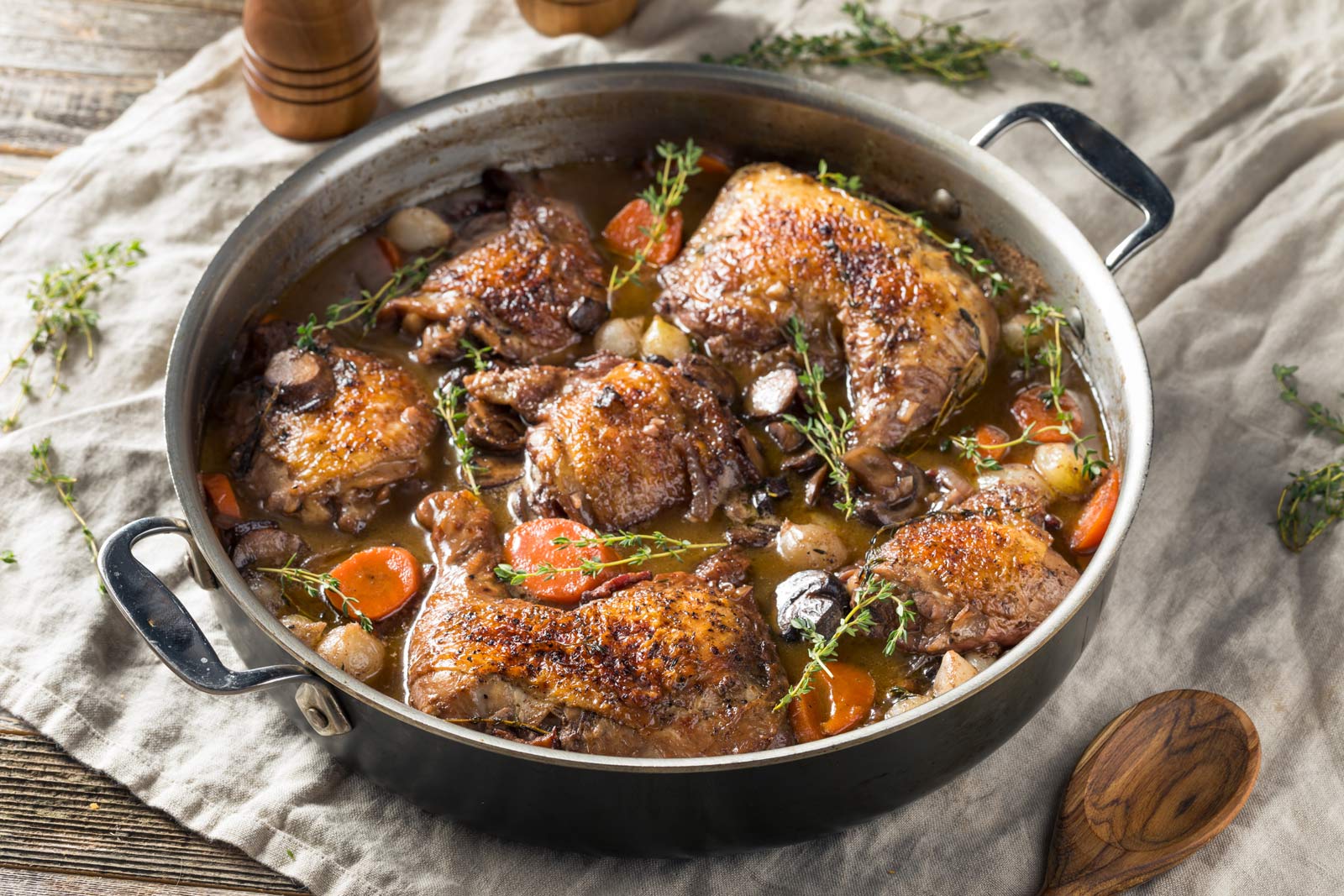G-7 nations to announce import ban on Russian gold as Moscow sanctions widen
The leaders of the G-7 nations will announce a ban on Russian gold imports for Moscow's unprovoked invasion of Ukraine, U.S. President Joe Biden confirmed on Sunday morning.

The move would add to a series of punitive penalties imposed by the West on Russia since its onslaught of Ukraine began on Feb. 24.
Maxim Shemetov | Reuters
The leaders of the G-7 nations will announce a ban on Russian gold imports for Moscow's unprovoked invasion of Ukraine, U.S. President Joe Biden confirmed on Sunday morning.
As the leaders met in Munich, Germany, for the latest G-7 summit, Biden took to Twitter to confirm earlier reports of an imminent ban.
"The United States has imposed unprecedented costs on Putin to deny him the revenue he needs to fund his war against Ukraine," he said early Sunday.
"Together, the G7 will announce that we will ban the import of Russian gold, a major export that rakes in tens of billions of dollars for Russia."
The move would add to a series of punitive penalties imposed by the West on Russia since its onslaught of Ukraine began on Feb. 24.
The sanctions have aimed to crush the Russian economy and have included bans or curbs on oil and gas imports and trading with Russian banks and individuals. Indeed, U.S., Canada and their European allies agreed in February to remove key Russian banks from the interbank messaging system, SWIFT, effectively severing the country from much of the global financial system.
Tuesday announcement
The U.K. government on Sunday also confirmed the move to ban Russian gold imports, saying it would apply to newly mined gold and refined gold — excluding gold that may have come from Russia but had already been exported.
Russia is the world's second-largest producer of gold, according to the latest data from the World Gold Council, with around a 10% slice of the globe's output. Reuters reports that its holdings of gold have tripled since it illegally annexed Crimea in 2104 and the commodity is an important asset for Russia's central bank — which is already operating under severely limited conditions.
A senior U.S. administration official said Sunday, according to Reuters, that the ban would be announced on Tuesday, adding that the "the president and other G-7 leaders will continue to work to hold Putin accountable."
Ruble strength
Despite the unprecedented level of sanctions imposed on the Kremlin, the Russian ruble actually hit its strongest level in seven years last week following a February collapse.
Russia's ruble hit 52.3 to the dollar on Wednesday, its strongest level since May 2015, and its surge is being cited by the Kremlin as "proof" that Western sanctions aren't working.
In fact, the ruble has actually gotten so strong that Russia's central bank is actively taking measures to try to weaken it, fearing that this will make the country's exports less competitive.
—CNBC's Natasha Turak contributed to this article.

 UsenB
UsenB 







